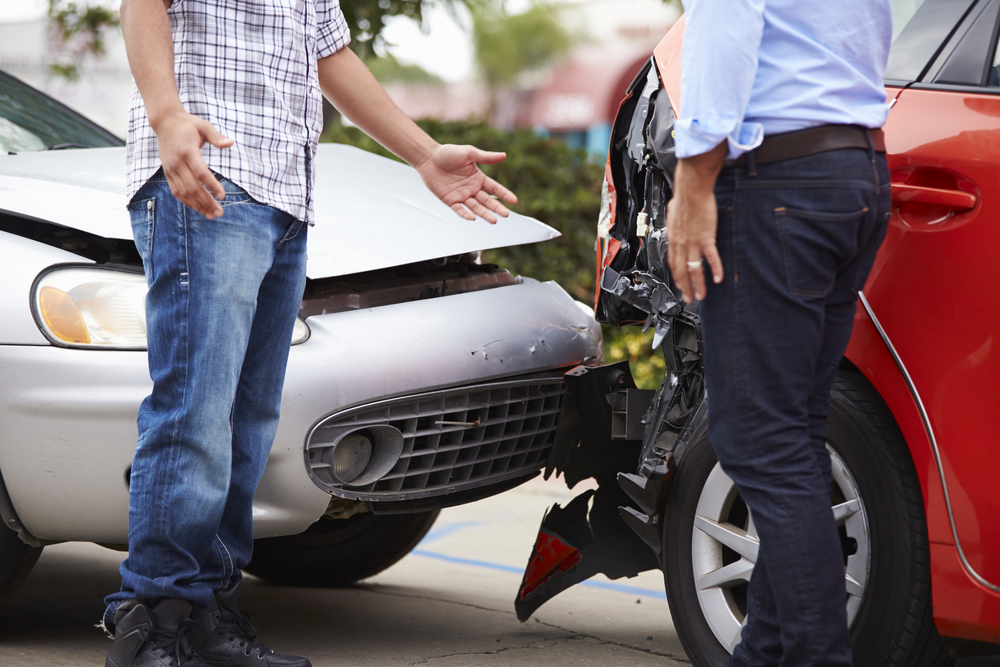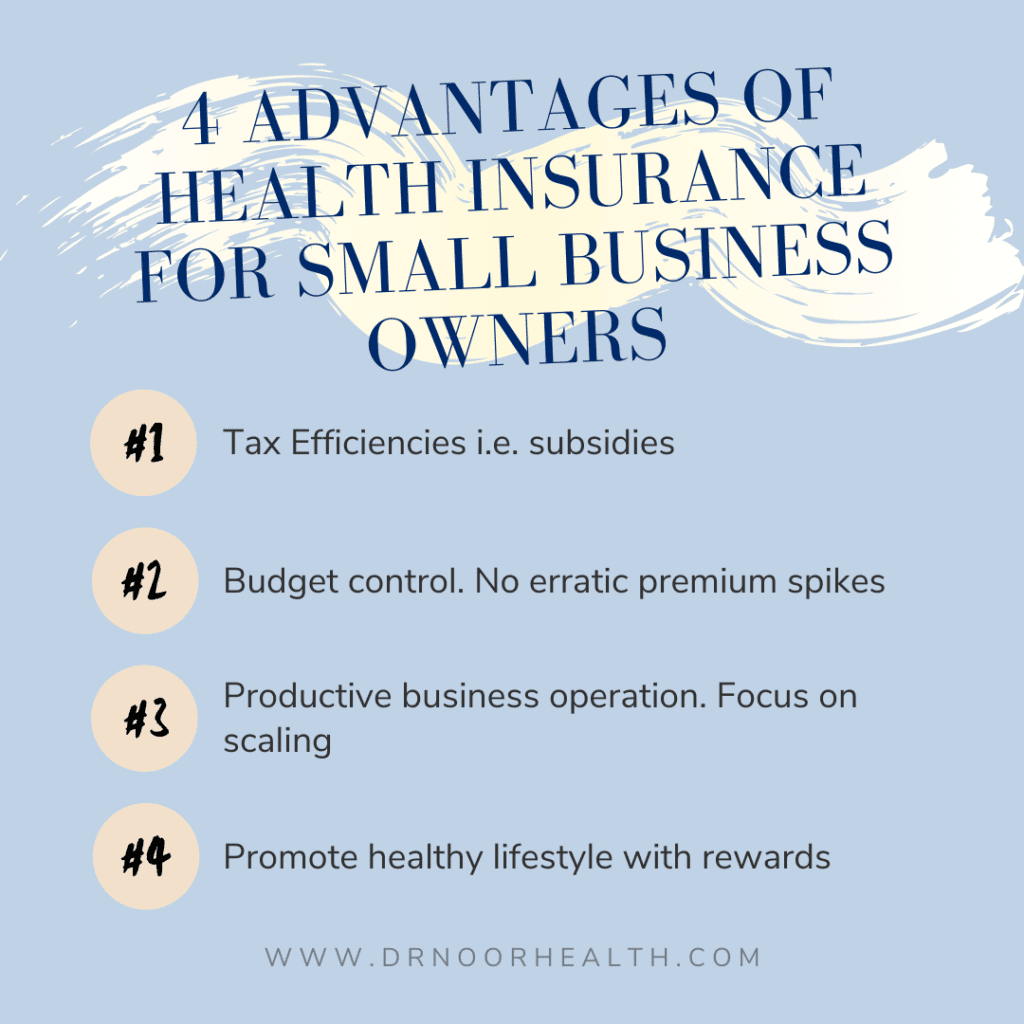1. Call 911
- Stay calm and assess the situation.
- If you or anyone else is injured, call 911 immediately.
- If possible, move your car to the side of the road.
2. Exchange Information
- Get the names, addresses, phone numbers, and insurance information of the other drivers involved.
- Take photos of the accident scene and damage to all vehicles involved.
3. Get a Police Report
- In most cases, you will need to file a police report. This will provide an official record of the accident.
4. Notify Your Insurance Company
- Contact your insurance company as soon as possible to report the accident.
- Provide them with all the information you have, including the police report number.
5. Seek Medical Attention
- Even if you don’t feel injured, it’s important to see a doctor to rule out any hidden injuries.
- Injuries from car accidents can sometimes take days or weeks to manifest.
6. Hire an Attorney
- If you or someone close to you has been seriously injured or if there is a dispute about who is at fault, you should consider hiring an attorney to represent you.
7. File a Claim
- If you are not at fault for the accident, you may be able to file a claim with the other driver’s insurance company to recover damages.
8. Follow Up
- Keep track of all medical bills, lost wages, and other expenses related to the accident.
- Follow up with your insurance company and the other driver’s insurance company to ensure that your claim is being processed correctly.
What Happens After You Get into a Car Accident?
The aftermath of a car accident can be a whirlwind of emotions and confusion. In the immediate aftermath, it’s essential to stay calm and take the necessary steps to protect yourself and your interests. One of the most important things you can do is call the police.
Call the Police
Why call the police, you might ask? Even if the accident seems minor, it’s crucial to contact law enforcement for several reasons. First and foremost, the police can create an official report that documents the incident. This report will provide valuable evidence for insurance purposes and can help determine who was at fault for the accident. Additionally, the police can help facilitate a peaceful resolution between the parties involved, especially if there’s any disagreement about what transpired.
Calling the police also ensures that you have an official record of the accident. This is especially important if the other driver is disputing fault or if there are any injuries involved. The police report can serve as a neutral third-party account of the incident and can help protect you in case of any legal disputes.
In addition to documenting the accident, the police can also provide assistance with other matters, such as directing traffic, clearing the roadway, and calling for medical assistance if necessary. By involving the police, you can help ensure that the situation is handled safely and efficiently.
Here are some additional reasons why you should always call the police after a car accident:
- To prevent the other driver from leaving the scene
- To get a copy of the police report for insurance purposes
- To have an official record of the accident in case of any legal disputes
If you are involved in a car accident, don’t hesitate to call the police. It’s the best way to protect yourself and your interests.
What Happens After You Get Into a Car Accident?
Getting into a car accident can be a frightening and stressful experience. In the aftermath of a crash, it’s important to know what steps to take to protect yourself and your rights. Here’s a guide to what you should do after you’ve been involved in a car accident:
Exchange Information
Once the police arrive, you should exchange information with the other driver(s) involved in the accident. This includes your name, address, phone number, insurance company, and policy number. It’s also helpful to get the names and contact information of any witnesses who saw the accident.
If you’re too injured to exchange information at the scene, the police will do it for you. However, it’s always best to get this information yourself if possible, so that you have a record of it for your own records.
In addition to exchanging information with the other drivers, you should also take pictures of the accident scene. This can help you document the damage to your car and the other vehicles involved. You should also take pictures of any injuries you have sustained.
Report the Accident to Your Insurance Company
As soon as possible after the accident, you should report it to your insurance company. They will need to know the details of the accident, including the other driver’s information, the damage to your car, and any injuries you have sustained.
Your insurance company will then investigate the accident and determine whether you are entitled to compensation for your injuries and damages. If you are entitled to compensation, your insurance company will pay for your medical bills, lost wages, and other expenses.
Get a Medical Examination
Even if you don’t feel injured, it’s important to get a medical examination after a car accident. Some injuries, such as whiplash, may not be immediately apparent. Getting a medical examination will help to ensure that you get the treatment you need for your injuries.
Contact a Lawyer
If you have been seriously injured in a car accident, you should contact a lawyer. A lawyer can help you to get the compensation you deserve for your injuries and damages.
What Happens After You Get Into a Car Accident?
The aftermath of a car accident can be disorienting and stressful. In the immediate aftermath, it’s easy to feel overwhelmed by the chaos and confusion. However, it’s important to remain calm and take the necessary steps to protect yourself and your rights. Here’s a step-by-step guide on what to do after a car accident:
Take Photos
If possible, take pictures of the accident scene. This will help to document the damage to your car and the other vehicles involved. Be sure to capture images of the following:
What Happens After You Get into a Car Accident?
Accidents can be terrifying, leaving you in a state of panic, disarray, and uncertainty. Knowing what to do after a car accident is paramount to navigating the aftermath smoothly and efficiently. Here’s a comprehensive guide to help you gather your wits and take the necessary steps:
Get Medical Attention
After an accident, even if you feel unscathed, it’s crucial to seek medical attention. The adrenaline coursing through your body may mask underlying injuries, such as concussions or whiplash, which can manifest later with detrimental effects. It’s better to err on the side of caution and get a thorough examination to ensure your well-being.
Document the Scene
Once you’ve ensured your safety, gather as much information as possible about the accident. Take pictures of the damage, any injuries sustained, and the surrounding area. Jot down the license plate numbers of the vehicles involved, contact details of witnesses, and the names and badge numbers of responding officers. This documentation will serve as invaluable evidence for insurance claims and legal proceedings.
Exchange Information
After gathering evidence, exchange information with the other drivers involved. Provide your name, contact information, insurance details, and driver’s license number. It’s crucial to remain civil and cooperate with the other parties to facilitate the claims process. Avoid admitting fault or discussing the accident in detail, as this could jeopardize your case.
Contact Your Insurance Company
Inform your insurance company promptly about the accident. They will guide you through the claims process, assign an adjuster, and provide assistance with repairs or medical expenses. Be honest and detailed in your account of the incident, and provide them with all the documentation you’ve collected.
Hire an Attorney (Optional)
If the accident resulted in severe injuries, substantial property damage, or disputes over liability, you may consider hiring an attorney. A legal professional can represent your interests, negotiate with insurance companies, and ensure that you receive fair compensation for your losses. Attorneys are particularly beneficial in complex cases where fault is contested or the other party is uncooperative.
What Happens After You Get Into a Car Accident?
Experiencing a car accident can be a jarring, distressing event that leaves us in a state of shock and uncertainty. In the aftermath of such an incident, it’s crucial to stay composed and take the necessary steps to ensure your safety and protect your rights. This article will guide you through the essential actions to take after getting into a car accident.
1. Ensure Your Safety and Well-being
Following an accident, the most important thing is to check yourself and your passengers for injuries. If anyone is hurt, call for emergency medical assistance immediately. Even if you don’t feel injured at the moment, it’s advisable to seek medical attention as soon as possible, as some injuries may not manifest themselves right away.
2. Stay at the Scene and Call the Police
Unless your safety is compromised, it’s imperative to remain at the accident scene. Leave your vehicle where it is and call the police. They will create an official report that documents the details of the accident, including witness statements, which can be invaluable for insurance claims and legal purposes.
3. Exchange Information with Other Drivers
Once the police arrive, they will facilitate the exchange of information between the drivers involved. This includes your name, address, phone number, insurance company, and policy number. It’s also helpful to get the contact information of any witnesses who may have seen the accident.
4. Take Photos and Document the Accident
If possible, use your phone or camera to take photos of the accident scene, including damage to vehicles, road conditions, and any visible injuries. These photos can serve as valuable evidence for insurance claims and legal proceedings. Also, write down your own account of the accident, including the time, location, and any contributing factors.
5. File an Insurance Claim
You should file an insurance claim as soon as possible after the accident. Your insurance company will investigate the accident and determine how much you’re entitled to receive. The amount of compensation you receive will depend on various factors, such as the extent of the damage, the policy limits, and the terms of your coverage. It’s advisable to contact your insurance company promptly to initiate the claims process and avoid any delays or complications.
Here are some additional tips that can help you navigate the aftermath of a car accident:
* Stay calm and collected.
* Don’t admit fault to the other driver or the police.
* Be cooperative with law enforcement and medical professionals.
* Keep a record of all expenses related to the accident, such as medical bills, repair costs, and lost wages.
* Consider consulting with an attorney if you have any questions or concerns about your legal rights or insurance coverage.
What Happens After You Get into a Car Accident?
The aftermath of a car accident can be a confusing and stressful time. There’s a lot to think about and do, from exchanging insurance information to getting medical attention. Here’s a step-by-step guide to help you through the process:
Stay Calm and Safe
After an accident, it’s important to stay calm and make sure you’re safe. If you’re injured, call for medical help immediately. If you’re not injured, move your car to the side of the road if possible, and turn on your hazard lights.
Exchange Information
Once you’re safe, exchange information with the other drivers involved in the accident. This includes your name, address, phone number, insurance company, and policy number. You should also take pictures of the accident scene, including damage to both vehicles, skid marks, and traffic signs.
Report the Accident
You’re required to report the accident to the police if there’s any property damage, injuries, or death. The police will investigate the accident and file a report. You should also report the accident to your insurance company as soon as possible.
Get Medical Attention
Even if you don’t feel injured, it’s important to get medical attention after a car accident. Some injuries may not be immediately apparent, and seeking medical attention can help to rule out any serious problems.
Hire an Attorney
If you’ve been seriously injured in a car accident, you may want to consider hiring an attorney. An attorney can help you to get the compensation you deserve, including lost wages, medical expenses, and pain and suffering.
Property Damage
If your car has been damaged in the accident, you’ll need to file a claim with your insurance company. Your insurance company will send an adjuster to assess the damage and determine how much your claim is worth. You may also be able to file a claim with the other driver’s insurance company if they were at fault for the accident.
Protect Yourself
After a car accident, it’s important to protect yourself from being taken advantage of. This means being cautious about signing any documents or giving any statements to insurance companies. You should also keep a record of all your medical expenses and lost wages.
Conclusion
Getting into a car accident can be a traumatic experience, but it’s important to know what to do in the aftermath. By following these steps, you can protect yourself and your rights.





Leave a Reply